Class 12 History Chapter 5: Through the Eyes of Travellers
Important 3-Marks & 8-Marks Questions with Answers (NCERT + CBSE Board)
3 Marks Questions
Q1. Who was Ibn Battuta? Mention any two aspects of Indian life he described.
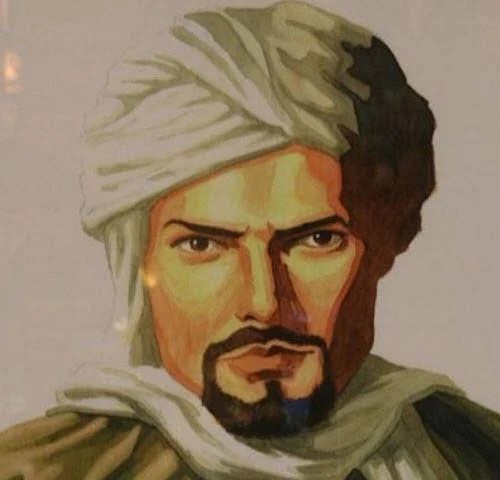
Answer:
- Ibn Battuta was a Moroccan traveller who visited India in the 14th century.
- He served as a Qazi under Muhammad bin Tughlaq in Delhi.
- He wrote about Indian cities, roads, hospitality, and the status of women.
Q2. What were the main sources of information about foreign travellers in medieval India?
Answer:
- Travelogues and memoirs written by travellers like Al-Biruni, Ibn Battuta, and Bernier.
- Official court records and personal observations recorded in books.
- Descriptions of social customs, administration, trade, and religious practices.
Q3. How does Francois Bernier describe the Mughal Empire’s economy?
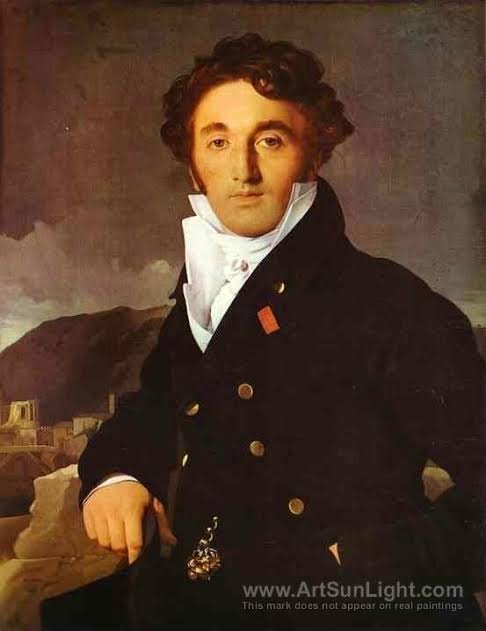
Answer:
- Bernier criticized the Mughal agrarian system.
- He claimed there was no private property and peasants were oppressed.
- He compared India unfavorably with European economies.
Q4. What are the limitations of using travellers’ accounts as historical sources?
Answer:
- Views were often biased or based on limited understanding.
- Language and cultural differences affected accuracy.
- Observations influenced by background and purpose of the traveller.
Q5. Mention two important observations made by Al-Biruni about Indian society?
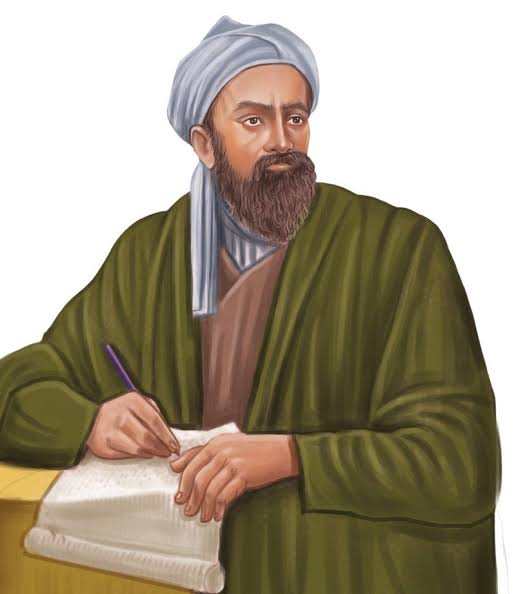
Answer:
- Al-Biruni noted the rigid caste system and Brahmanical dominance.
- Sanskrit texts were difficult to access due to language barriers.
- He admired Indian philosophy but criticized social divisions.
8 Marks Questions
Q1. Compare the accounts of Al-Biruni, Ibn Battuta, and Francois Bernier. What do their writings reveal about medieval India?
Answer:
- Al-Biruni studied Indian religion, society, and caste system.
- Ibn Battuta described urban life, administration, and travel culture.
- Bernier criticized Mughal economy and lack of private property.
- All three observed inequality and complexity in Indian society.
- Al-Biruni was analytical, Ibn Battuta descriptive, Bernier critical.
- Each had different motives and perspectives.
- Accounts reflect cultural richness and challenges of interpretation.
- They provide valuable but subjective insights into medieval India.
Q2. Discuss the importance of travel literature in reconstructing the history of medieval India.
Answer:
- Travel accounts offer first-hand descriptions of life and culture.
- Help understand governance, religion, and trade practices.
- Fill gaps in Indian historical sources.
- Highlight comparisons with other parts of the world.
- Examples: Al-Biruni’s Kitab-ul-Hind, Ibn Battuta’s Rihla, Bernier’s Memoirs.
- Reveal foreign views on Indian society and economy.
- Despite bias, they remain vital historical sources.
- Support cross-verification with inscriptions and records.
Q3. What picture of the Indian social system did Al-Biruni and Francois Bernier portray?
Answer:
- Al-Biruni described caste system based on Hindu scriptures.
- Bernier saw Indian society as stagnant and unjust.
- Al-Biruni was interested in philosophy, Bernier in economics.
- Bernier criticized lack of social mobility under the Mughal system.
- Both highlighted inequality, but through different lenses.
- Bernier compared Indian economy unfavorably with Europe.
- Al-Biruni respected Indian knowledge despite limitations.
- Modern historians consider their biases while using their works.
Q4. How did Ibn Battuta describe the city of Delhi and its ruler Muhammad bin Tughlaq?
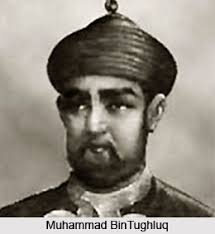
Answer:
- Ibn Battuta praised Delhi for its markets, roads, and size.
- He admired Tughlaq’s intelligence but noted his unpredictability.
- He served as a Qazi and later as a diplomat.
- He experienced both royal favor and imprisonment.
- His writings reflect both admiration and criticism.
- He highlighted the cosmopolitan nature of Delhi.
- Described the administrative structure and punishments.
- His account is one of the most vivid records of 14th-century India.
Meta Description: Class 12 History Chapter 5: Through the Eyes of Travellers – NCERT and CBSE Board exam-based 3 and 8-mark questions with detailed answers. Great for exam revision!
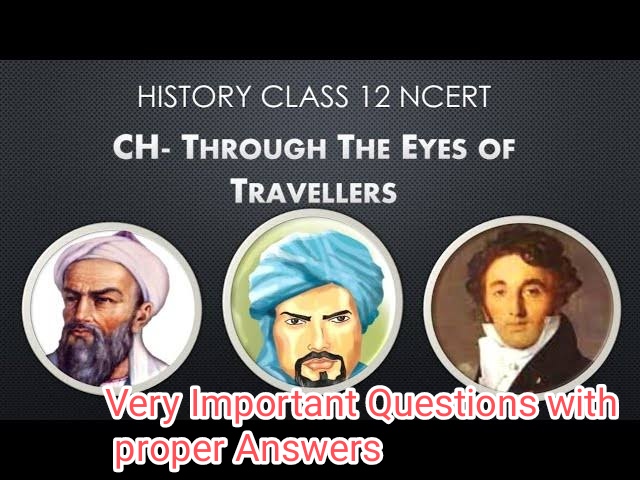

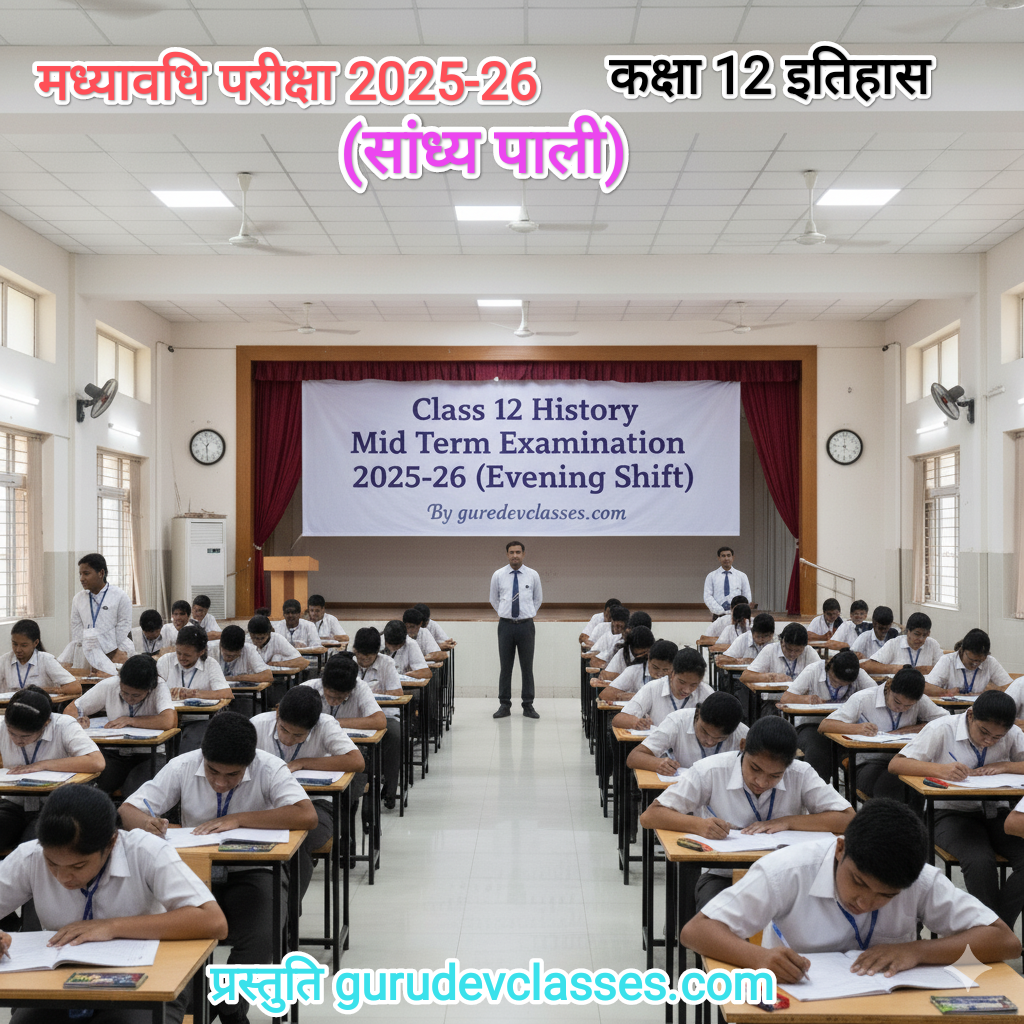

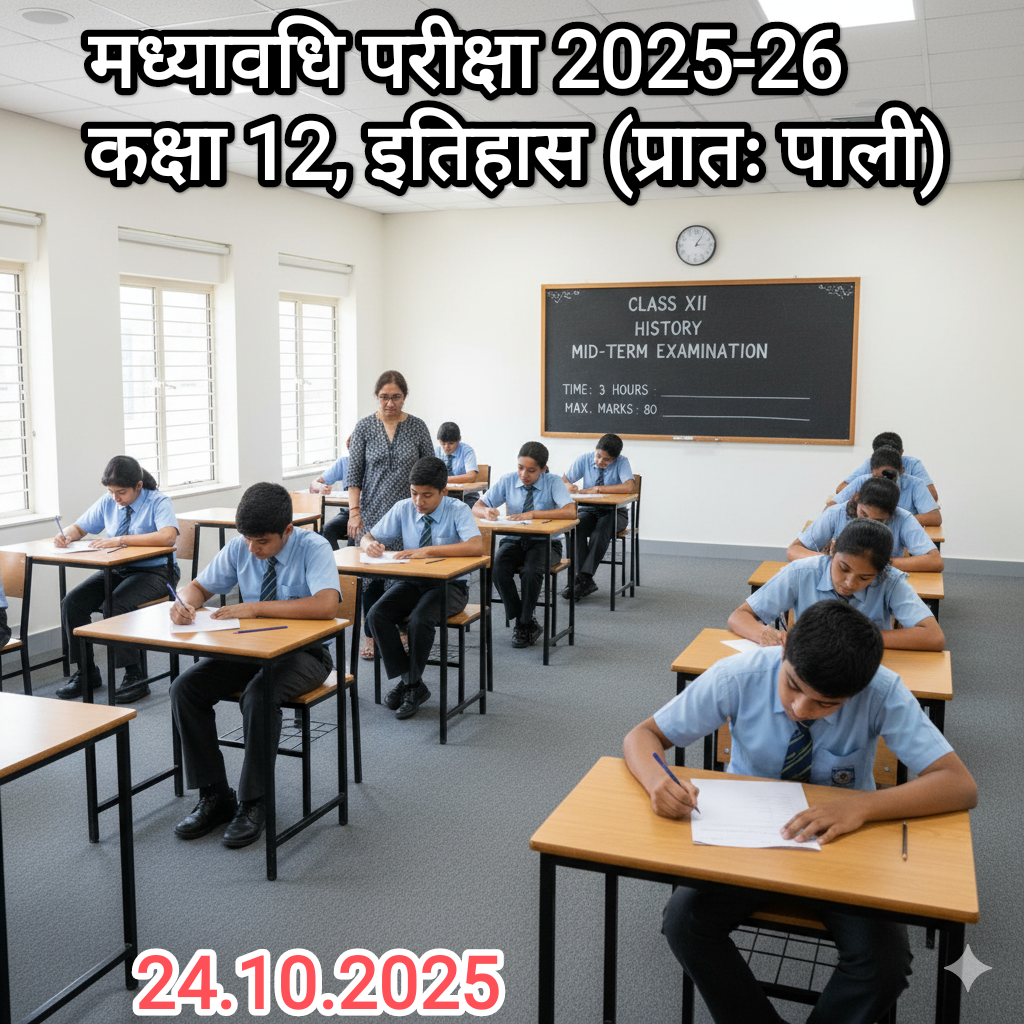
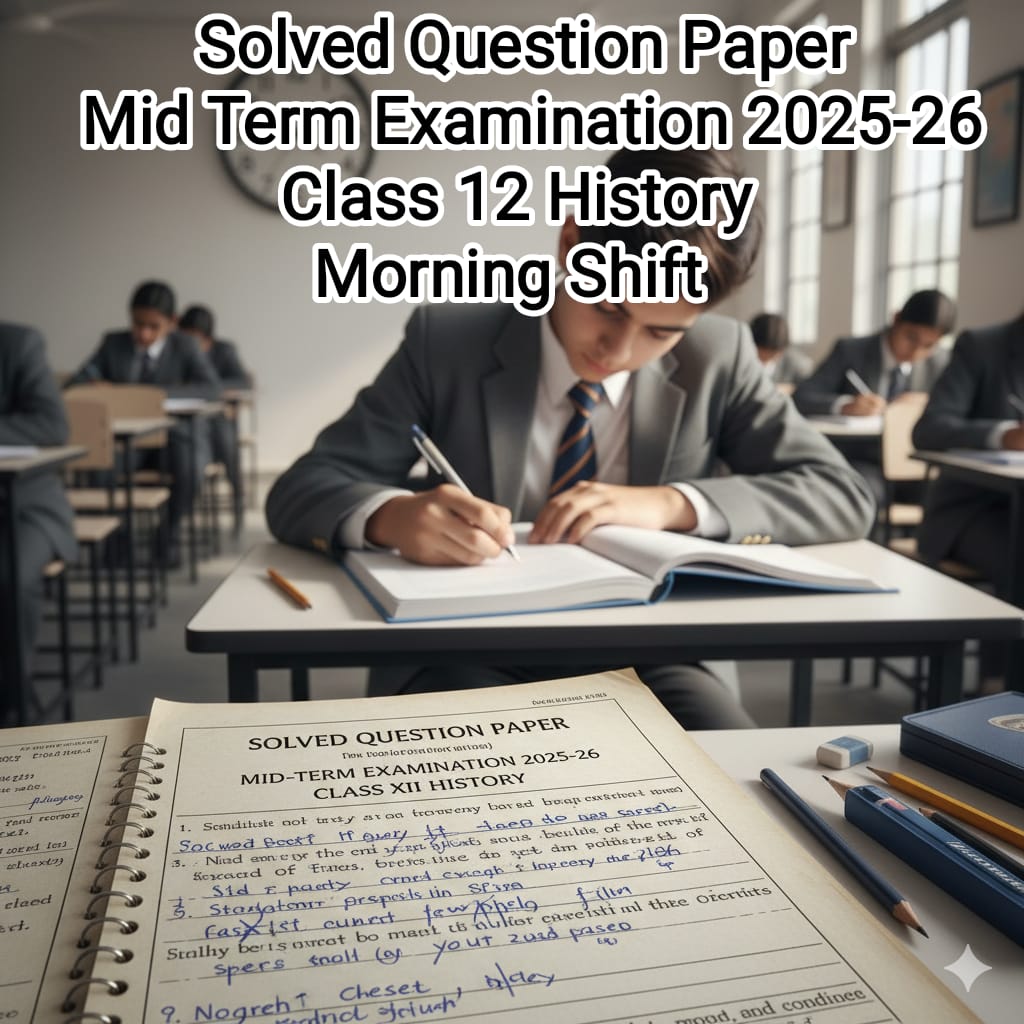
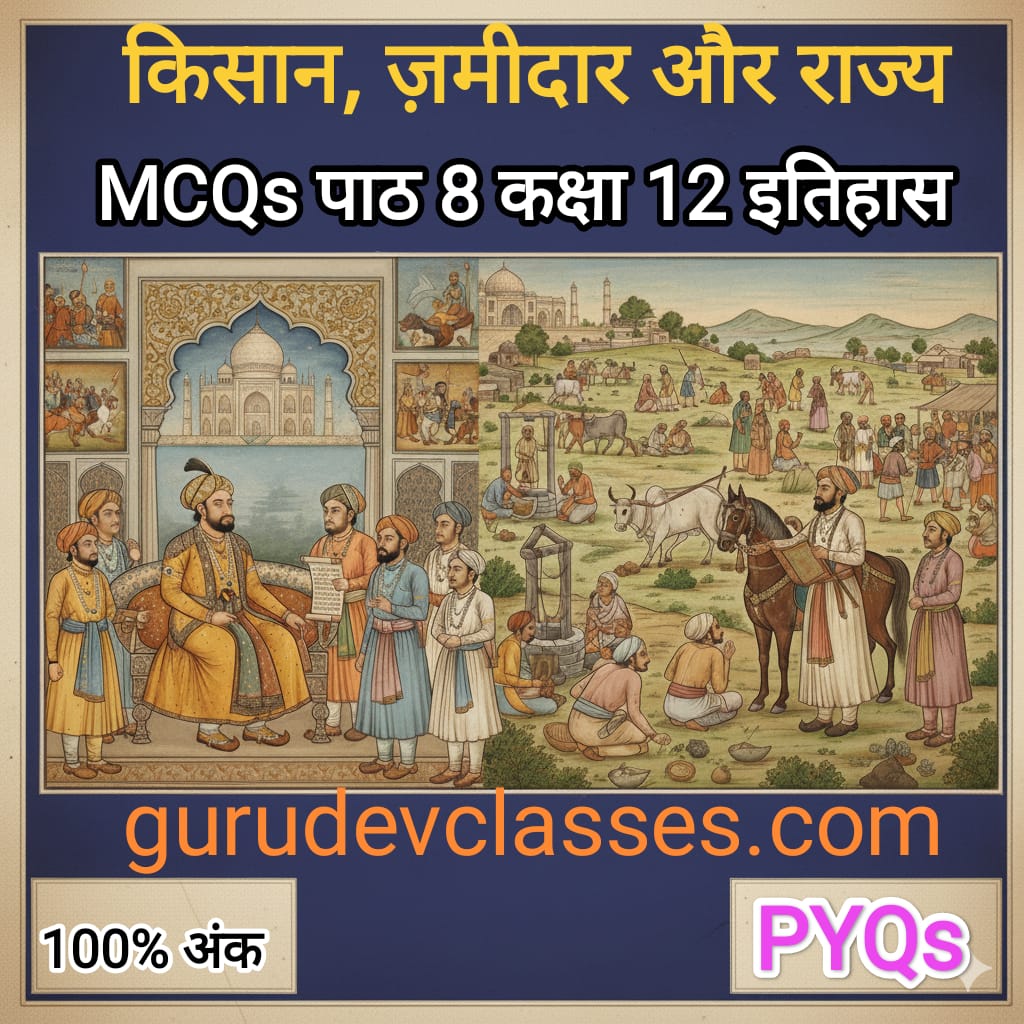

some truly wonderful info , Gladiola I detected this.